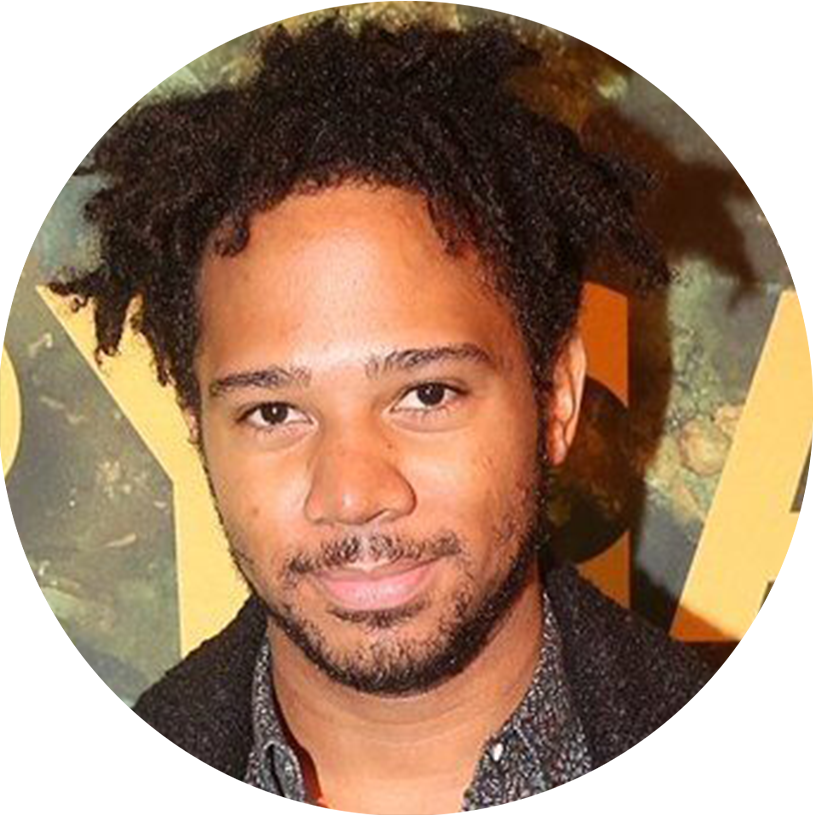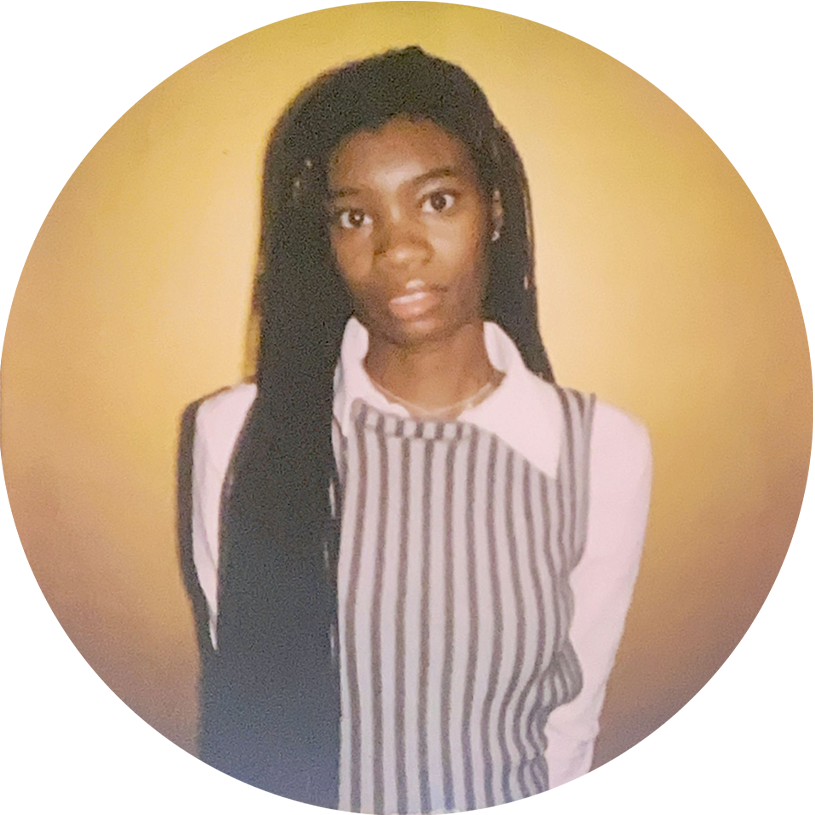Course Description
1. Welcome!
Objectives
- Identify inequities in lending and challenge the misconception that creative work is a bad investment.
- Introduce learners to the concept of non-extractive loans.
- Compare and contrast non-extractive and extractive funds, using examples.
- Expand the understanding of how creative people participate in alternative economies.
• Describe what it means to file taxes, who needs to file, and why everyone should file (regardless of pay threshold).
• Explain what the IRS considers to be “income.”
• Explain self-employment tax for freelancers.
• Explain what could happen if you don’t file taxes or pay estimated quarterly taxes.
• Describe when the tax deadline normally happens each year.
• Explain the deadlines for estimated quarterly taxes and how they differ from the annual tax deadline.
• Differentiate between the deadline to file taxes and the deadline to pay them.
• Describe a few strategies to prepare yourself for the tax deadline each year.
• Research and choose a system to track income and expenses.
• Track your expenses income in anticipation of tax filing.
2. Boston Ujima Project
Objectives
- Introduce Boston Ujima Project and members of its team to learn about the inspiration and motivation behind the organization's democratic and equitable work.
- Identify and explore the Ujima Fund and its Good Business Alliance.
- Demonstrate the care, thought, and structure that goes into a non-extractive fund and how creative communities are integral to its success.
• Explain the importance of tracking income and expenses accurately so that audits (if and when they happen) are not scary.
• Describe the basics elements of a tax appointment and what information you need to gather before sitting down with a tax filing program or a tax professional.
• Explain what constitutes income; differentiate between income that is taxed and untaxed.
• Define a Schedule C and what might be included on it.
• Explain what helps to substantiate you are a professional artist/creative pursuing an art career.
• Explain what constitutes a business expense. Give several examples of business expenses.
• Explain how all payments are income, no matter what form the payment takes.
• Define tax evasion and its threshold.
• Describe different options you have if you cannot pay a tax bill.
• Define Gross Income and explain how Schedule C business expenses change Gross Income to Net.
• Describe how many years you need to show a profit every five years.
• Define self-employment tax and explain how W2’d employees pay social security and medicare and how self-employed individuals pay for social security and medicare.
• Define W9, when you have to send someone a 1099, and how you do it.
• Explain the importance of recording income and expenses in an organized (even automated) fashion.
• Explain, in simple terms, what travel expenses may be considered business expenses.
• Explain, in simple terms, how rent or mortgage of a studio, office, or home space might be considered a business expense.
• Explain how paid student loan interest is a deduction, while student loan principal payments are not.
• Explain two different strategies on how to calculate estimated quarterly taxes.
3. Getting Started: Making A Non-Extractive Fund
Objectives
- Define what an investment is and identify the key components of a loan.
- Inspire action on a small level, within close-knit communities.
- Demonstrate how to conduct a sou-sou.
- Define Community Development Financial Institutions (CDFIs).
- Fully understand the basics of what constitutes self-employment and expenses on your taxes.
- Track expenses successfully as a self-employed and/or W2’d individual.
- Alleviate stress and confusion related to taxes.
• Define Schedule C, what is included, and what is calculated.
• Explain the importance of tracking expenses in a consistent fashion.
• Explain why it is important to show a profit, and differentiate between business and hobby expenses.
• Explain how a percentage of your rent or mortgage interest might be a legitimate expense.
• Explain why childcare is not a business expense (though it can appear on a different part of your return).
• Explain when clothes, hair, special equipment, meals, travel, pets, and their food could be business expenses.
• Explain what constitutes a receipt.
• Explain how student loan interest enters your taxes and what the cap is.
• Define the word “exclusive” in relation to taxes.
• Explain what is considered a business expense when you donate art.
• Explain why gym memberships are not a business expense.
• Explain when a retirement account may be a deduction.
• Complete the provided worksheet to present expenses to a tax professional.



